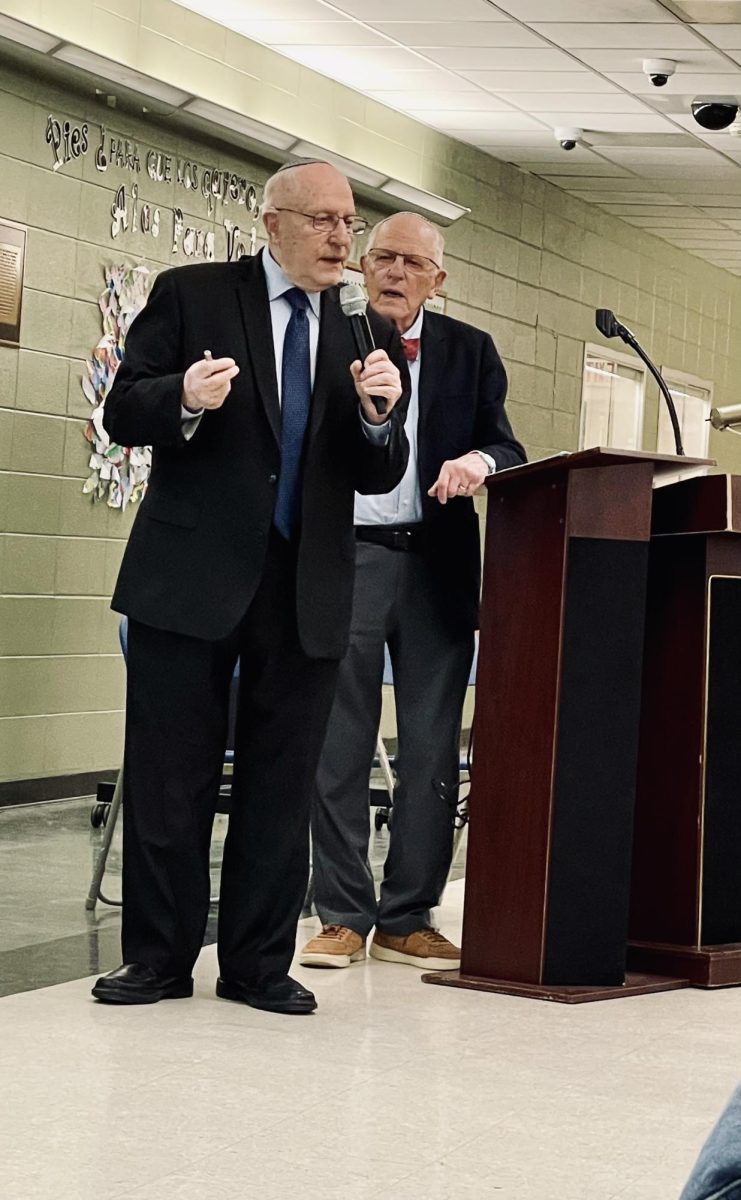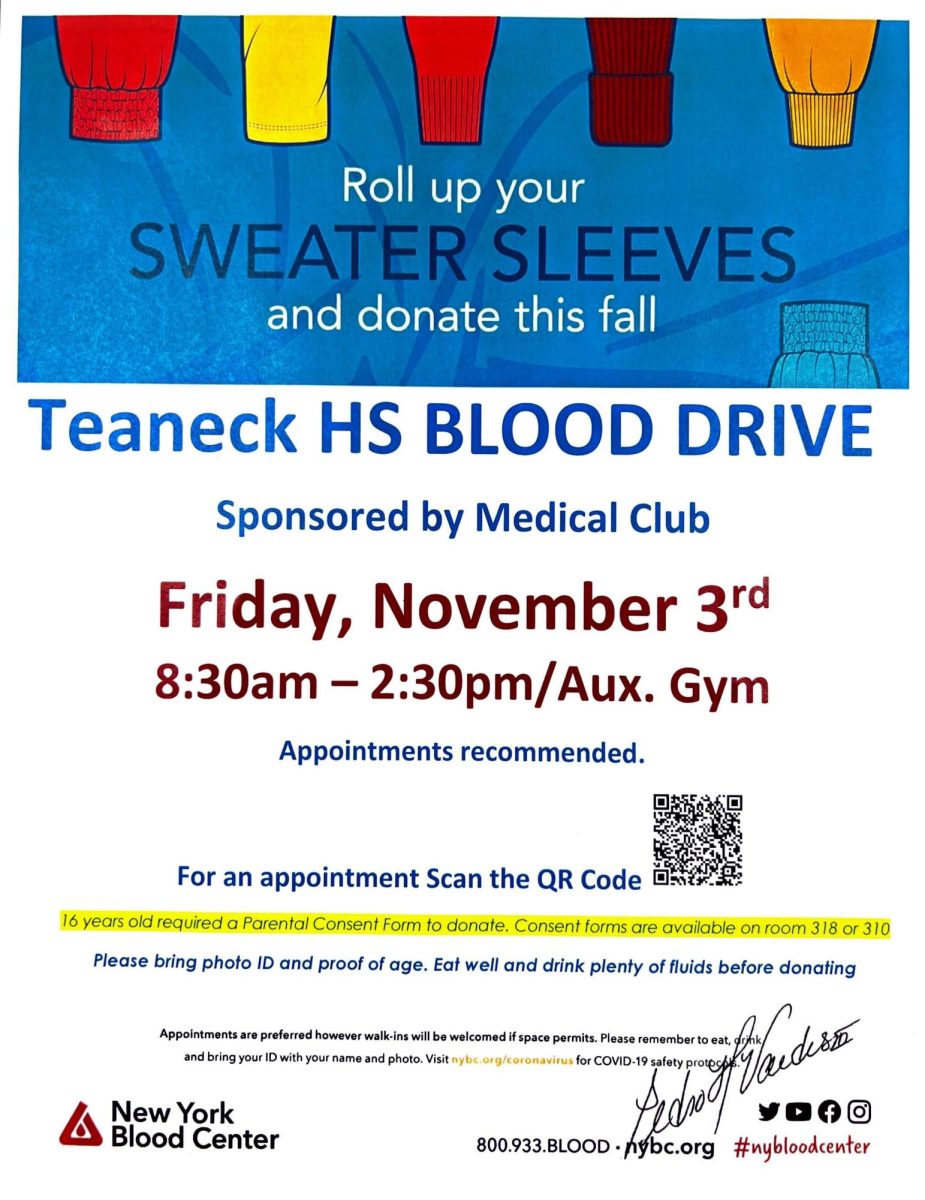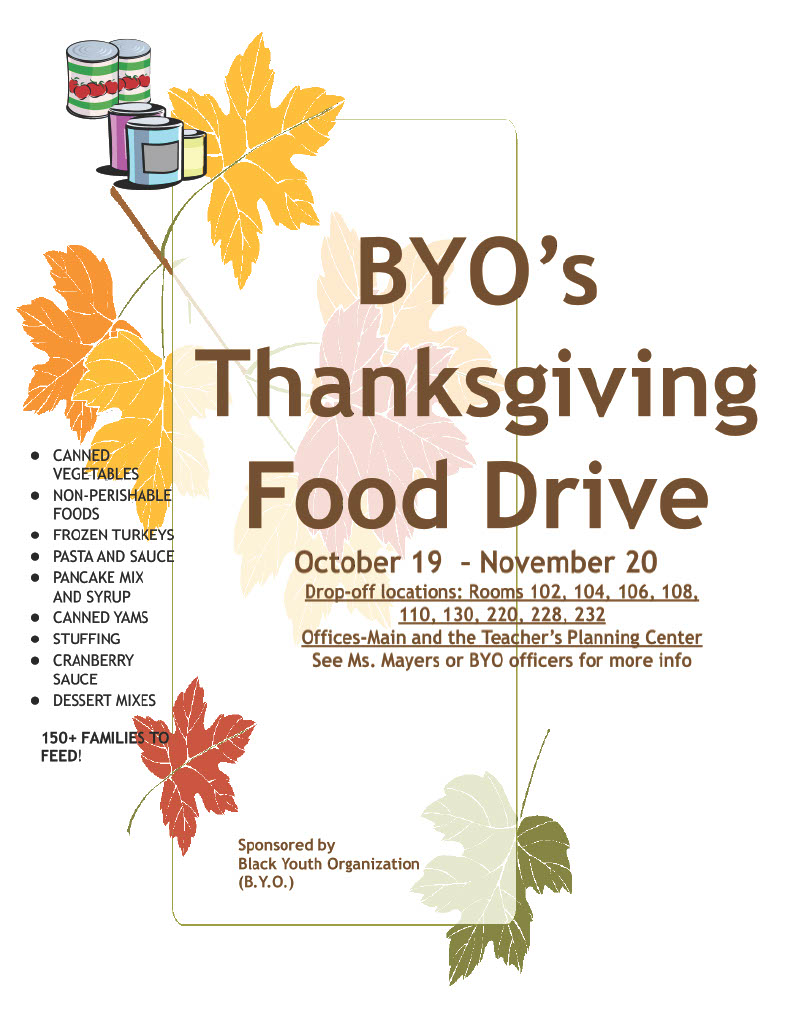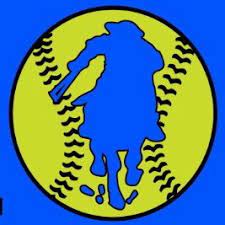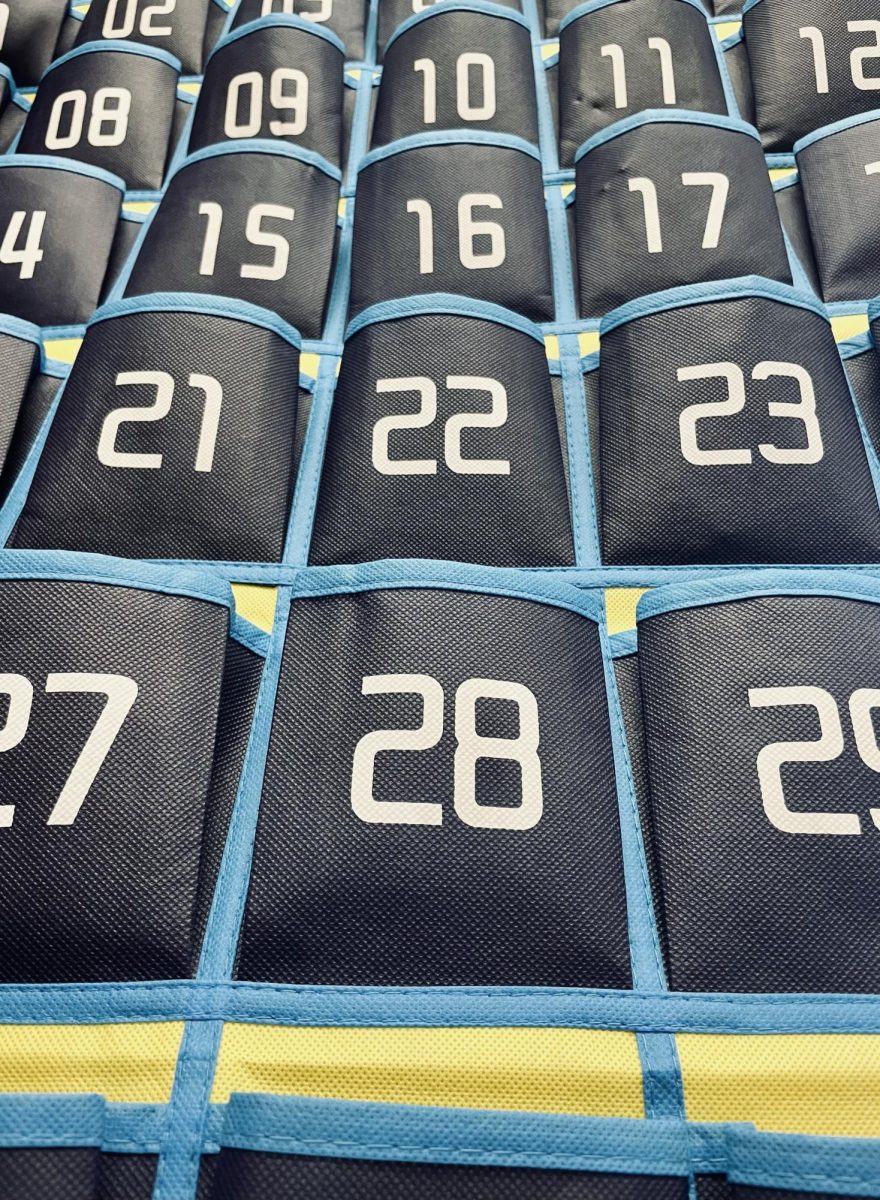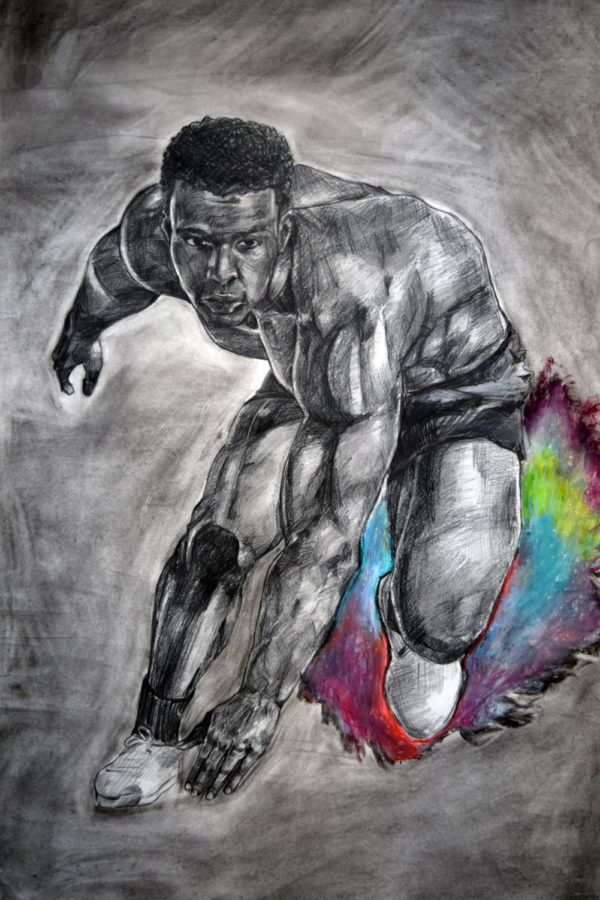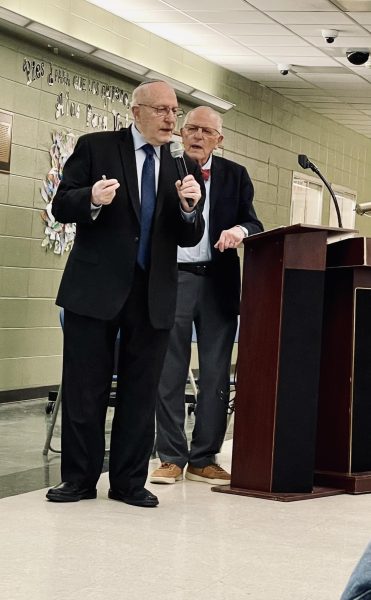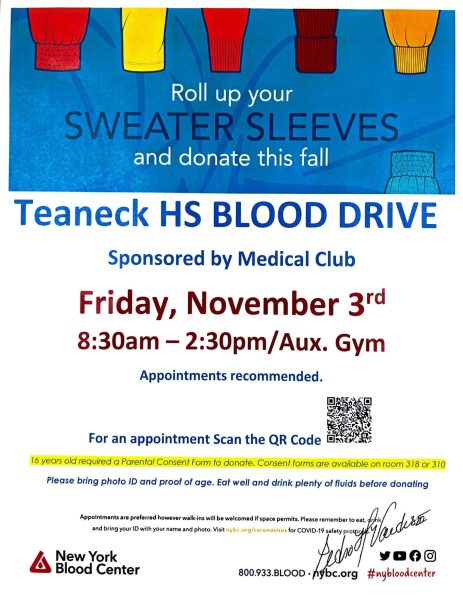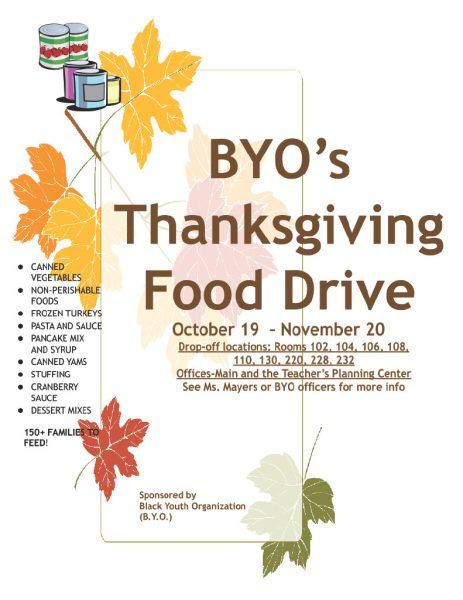Kristallnacht, Night of Broken Glass
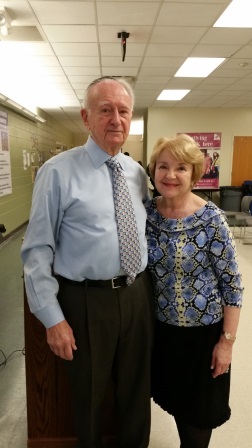
February 5, 2017
Kristallnacht, translated as The Night of Broken Glass, was a tragedy that was caused by the Nazis, and happened on November 9th and 10th, 1938. They burned 267 synagogues. The police and firefighters didn’t help unless it was to stop fires from spreading to the other buildings surrounding the synagogues. Although this night was a cause of mass destruction, there was no reaction to the events, and because of this, the Nazis believed that they could get away with anything and that no one would care. Norbert Strauss survived this tragedy, though it was difficult, and this is his story.
Mr. Strauss went to a German school in Hamburg, as there were no Jewish schools in town. This was a problem, as his teacher was a member of the SA, and wore his uniform to work. As Strauss was the only Jew in class, he was punished by his teacher. He was given extra homework, his fingers were hit by a stick and he was almost pushed out of his chair in class. Strauss said that his teacher “showed he was in charge, the master and I was only a Jew.”
Moving to Frankfort, he then went to a Jewish school, though life was hard. In 1938, Jews could only buy goods in Jewish owned stores, and they weren’t allowed to have coal delivered to their apartments and they had to walk a great distance to pick it up. Eventually, Strauss lived in an apartment with four families. It soon became too dangerous to walk to school, as the Hitler Youth would wait behind corners and attack the Jewish children who were walking to school. Strauss said he was “fortunate to never get caught and beaten up.”
On the night of November 9th, there was a knock on the door, and the SS came in and took those who were 16 and up and male, so his father and uncle went. The men ended up at work camps. Soon enough, they were told they could leave the camp if they had fought on the front lines for Germany during WWI and they could leave Germany within six months. The men would then have to sell any businesses that they owned and turn over all of their life insurance policies for themselves and their family.
Strauss’ father left the camp and tried to find a place for himself in another country. He bought a ticket to Cuba and although he didn’t make it to Cuba he was able to get a VISA into the United States.
Because of American taking in his family, Strauss volunteers. If you want to know more about his life, it is in his memoir, Highlights of My Life.
